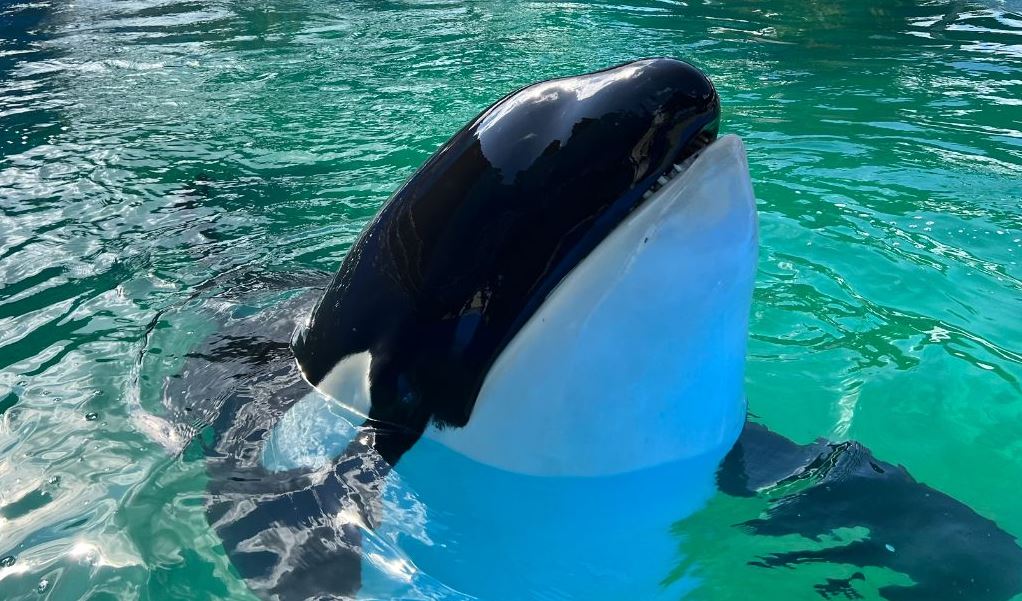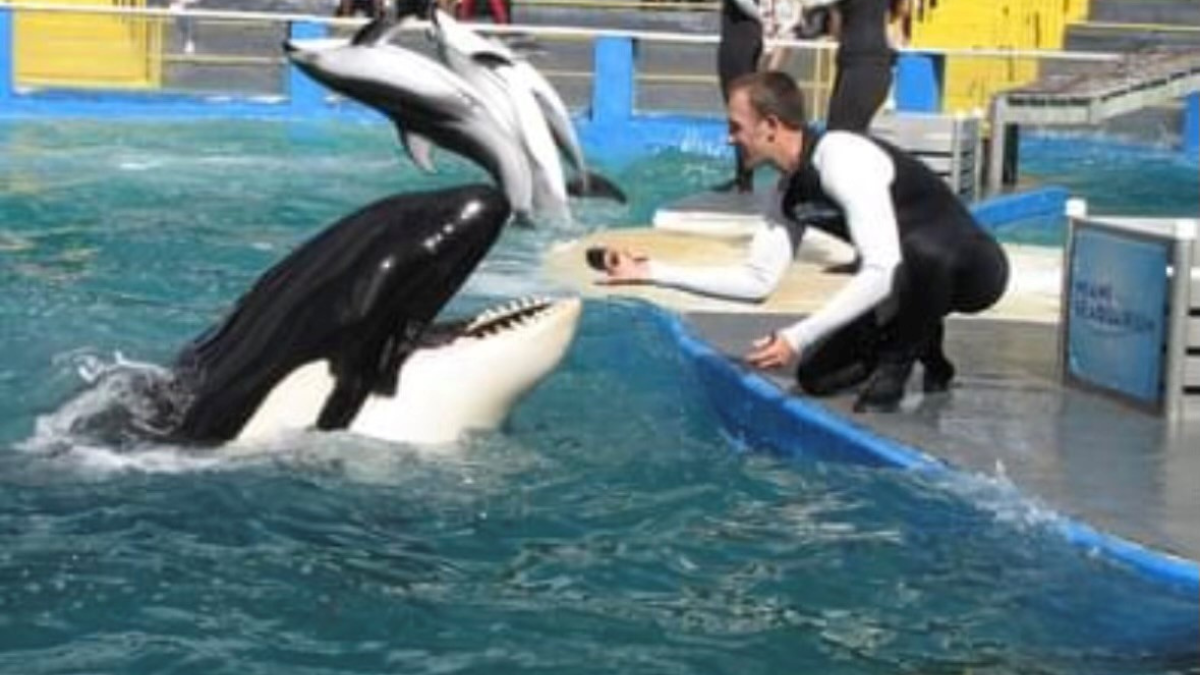The official cause of death for Lolita, the beloved killer whale who spent the last five decades at the Miami Seaquarium, has been released.
The orca's cause of death was due to a "progression of multiple chronic conditions including renal disease and pneumonia," according to the necropsy report released Tuesday by the Miami Seaquarium.
The report also points out the post-mortem findings related to Lolita's cause of death, which include acute and chronic bronchointerstitial pneumonia and renal degeneration, and a chronic condition of the heart implying the degeneration of the cardiac valves.
"Lolita was one of the longest-lived orcas under human care to date, exceeding the average life expectancy in the wild by several years," the Seaquarium said in a news release Tuesday. "We miss her deeply and honor her memory every day."
Get South Florida local news, weather forecasts and entertainment stories to your inbox. Sign up for NBC South Florida newsletters.
Lolita's necropsy was performed Aug. 19 and led by Dr. Judy St. Leger, a leading pathologist with more than 20 years of experience in marine mammal pathology.
Lolita the killer whale
Lolita — also known as Tokitae, or Toki — died Aug. 18 after spending 53 years in captivity.
Animal rights activists had been fighting for years to have Lolita freed from her tank at the Seaquarium. The park's relatively new owner, The Dolphin Company, and the nonprofit Friends of Toki announced a plan in March to possibly move her to a natural sea pen in the Pacific Northwest, with the financial backing of Indianapolis Colts owner Jim Irsay.
Lolita retired from performing last spring as a condition of the park’s new exhibitor’s license with the U.S. Department of Agriculture. She had not been publicly displayed since. In recent months, new upgrades had been installed to better filter the pool and regulate her water temperature.



